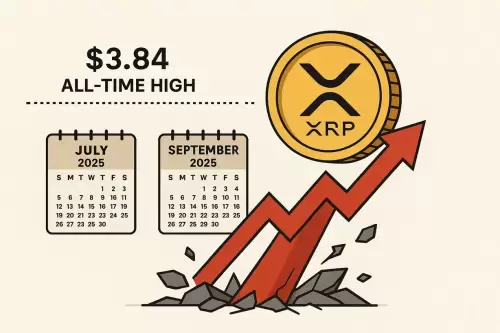The initiative introduces the concept of a "meta-chain" capable of aggregating and ordering data from multiple layer-1 (L1) blockchains

Solana Labs co-founder Anatoly Yakovenko has set forth a proposal aiming to solve one of the main challenges of Web3: fragmentation among blockchain networks. The initiative introduces the concept of a “meta-chain” capable of aggregating and ordering data from multiple layer-1 (L1) blockchains, such as Ethereum, Celestia, and Solana itself.
According to a May 12 post on the X-Network, Yakovenko suggests that the metachain could use third-party data availability (DA) layers to access the cheapest DA offerings available at any given time. "This would allow the metachain to use the cheapest DA offering currently available," the developer said.
There should be a blockchain goal. Post data anywhere, Ethereum, celestia, Solana, and use a specific rule to merge data from all the chains into a single ordering. This would actually allow the meta chain to use cheapest currently available DA offer.
— toly 🇺🇸 (@aeyakavenko) May 12, 2025
Data availability layers are structures that store and make available the data needed to validate transactions on blockchains. They have become essential as the cryptocurrency ecosystem grows and becomes more interconnected, demanding solutions that improve interoperability between networks.
Currently, L1 blockchains operate in isolation, making direct communication between them difficult. This fragmentation has motivated several projects to seek integration mechanisms. Yakovenko's proposal joins other initiatives that also seek to expand the use of blockchains as DA layers.
Ethereum, for example, is preparing for a major upgrade called Fusaka, scheduled for late 2025. This upgrade will include EIP-7594, which is expected to scale the capacity of the Ethereum mainnet by transforming it into more efficient DA layer.
While Solana proposes a framework that can coordinate data exchange between different blockchains, other projects are focusing their efforts on making their own networks more capable of providing this type of service autonomously. The discussion on interoperability solutions remains central to the future of the sector.
Disclaimer:info@kdj.com
The information provided is not trading advice. kdj.com does not assume any responsibility for any investments made based on the information provided in this article. Cryptocurrencies are highly volatile and it is highly recommended that you invest with caution after thorough research!
If you believe that the content used on this website infringes your copyright, please contact us immediately (info@kdj.com) and we will delete it promptly.




















































































